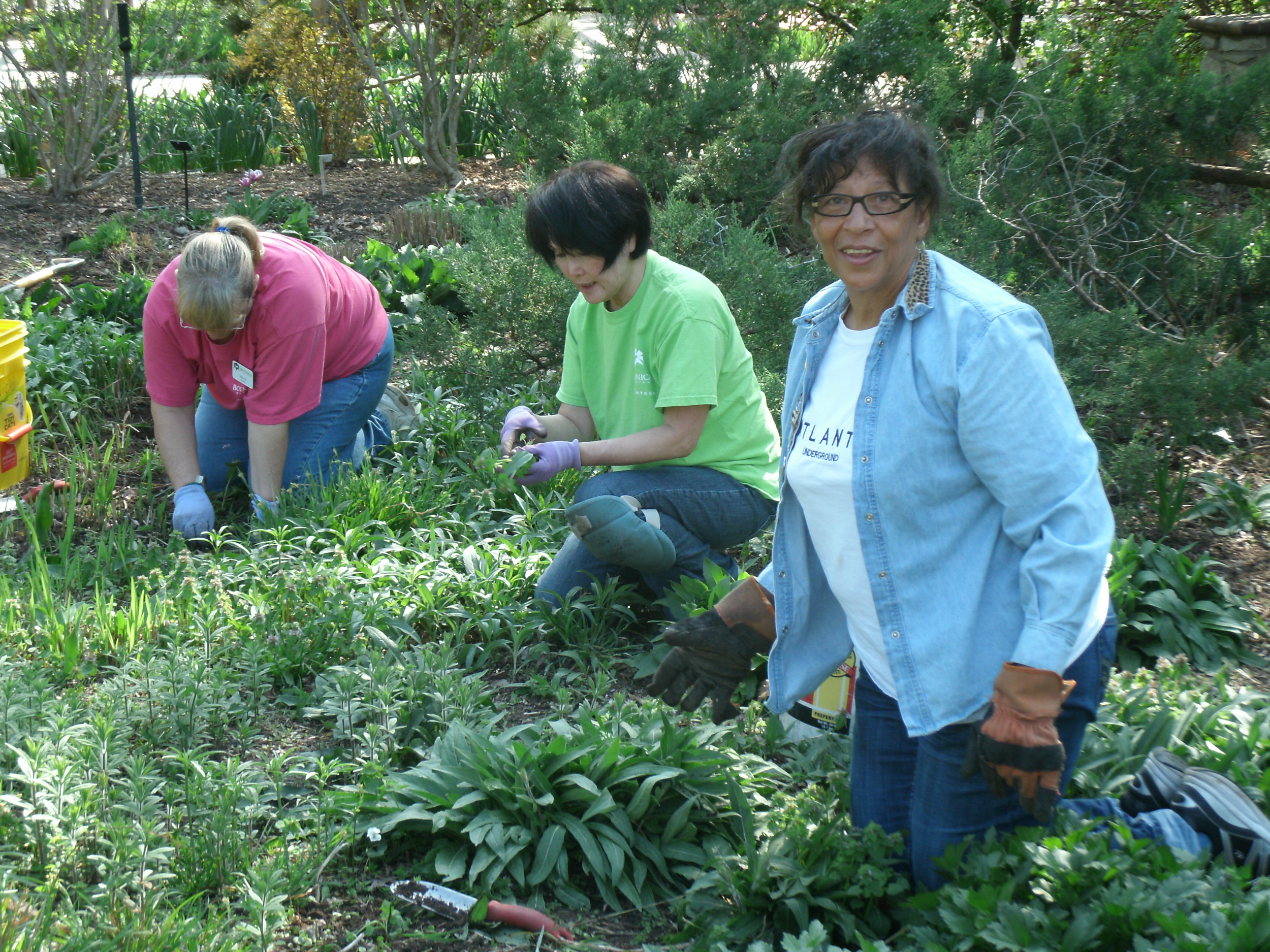Our brains age just as our bodies do. But how they age depends on how we “exercise” them. Whether you’re still working or retired years ago, staying socially engaged, tackling challenges that make your mind “stretch,” eating healthy and being physically active help slow brain aging.
“Do something you enjoy, and try something new,” said Breana Tucker, Program Director for the Alzheimer’s Association Central and Western Kansas Chapter. “You also want to get enough sleep, minimize stress, eat healthy and get regular physical activity.”
“Social engagement is not only good for your brain, but it also contributes to lifespan as well as reducing depression,” added Tucker.
Doing something new helps your brain defend against the normal shrinking of parts of it that are used in complex mental activities, according to the National Institute of Aging. While it may take longer, trying activities that are new to you such as learning to play a musical instrument, taking an art class or learning another language are complex processes that give several systems in the brain a workout.
For Gini Coleman Johnson, staying mentally fit is just part of everyday life.
“My husband, Deb, and I have always been avid crossword puzzlers,” said Johnson. She also manages a family music scholarship fund which awards a scholarship to a Newton High School senior each year and participates in a reading circle.
“I highly encourage getting involved in a reading circle and if there’s not one in your area-start one!,” she said.
Tackling new challenges has been normal for Johnson for most of the past two decades. After leaving her career as an advertising copywriter, she returned to teaching. She taught in USD 259 for several years then accepted the position of Coordinator of Social Studies for the school district in 2003. While in this position, she returned to college to get her master’s degree. After retiring from USD259 in 2010, she become an adjunct instructor for Friends University and Baker University for several years.
“We moved to Newton nine years ago when we purchased my parents’ home,” said Johnson. “For the next three years we were renovating it as the last remodel was in 1952. We also expanded it, so it was quite the project.” Johnson was 64 and her husband was 72 when they took on this challenge.
Four years ago, a former colleague approached her about starting a chapter of Women for Kansas. Along with her friend, Virginia Benninghoff, she took on the challenge and started Informed Women of Harvey County. The group holds monthly meetings, hosts panel discussions for the community on key issues in Harvey County and Kansas, and stages candidate forums for various offices in election years.
“We’re a non-partisan group focused on informing the public and getting out information on candidates and legislation,” Johnson said. “We began inviting men about a year-and-a-half ago because they wanted to attend, too.”
Regular physical activity helps “feed” your brain to better ensure it is getting the blood supply it needs. Comprising just two percent of your body weight, the brain requires 20 percent of your blood supply.
For those who may have physical challenges, Tucker suggests doing as much as you can. In addition, properly managing health conditions especially those that are heart related, is important as studies show this can affect the development of more serious memory loss.
“In the Sprint Mind Study, which is the first randomized clinical study of the aggressive treatment of high blood pressure towards preventing cognitive impairment,” explained Tucker. “The results showed a 19 percent reduction in the onset of mild cognitive impairment which often precedes developing dementia.”
Initial results from the Sprint Mind Study were conclusive enough that the study has been extended two years and will track initial participants. Further, it is recommended that anyone 50 or older should talk with their doctor about cardiovascular disease risks, especially if you have high blood pressure.
Feeding your mind includes eating foods that help your brain. According to Medical News Today, there is promising research being done by the University of Illinois, Champaign,Il that is connecting the presence of higher levels of lutein with brain health. Leafy greens vegetables, such as spinach and kale, eggs and avocados contain lutein. In another study, omega-3 and omega-6 fatty acids also appear to contribute to a healthy brain.
At the Cognitive Neurology and Alzheimer’s Disease Center (CNADC) at Northwestern University Feinberg School of Medicine, they are studying “SuperAgers,” people 80 or older who have the mental acuity of someone decades younger, as reported in Medical News Today. By studying these octogenarians, the researchers hope to find biological factors that might contribute to avoiding even mild memory lapses well into advanced age.
Currently, the cause of Alzheimer’s and other types of dementia is unknown. If you are concerned that you or someone you care about is experiencing memory loss that is more serious, such as having trouble driving to a familiar place or difficulty finding words on a regular basis, start keeping track of times and types of apparent memory loss. Having this information with you at a doctor’s appointment to discuss will help your doctor consider whether there is a reason to be concerned.
For most people, the occasional lapse in memory is simply part of aging. Feeding your brain what it needs, though, can help reduce these incidences.
Contact Leslie Chaffin at
lrchaffin20@gmail.com









